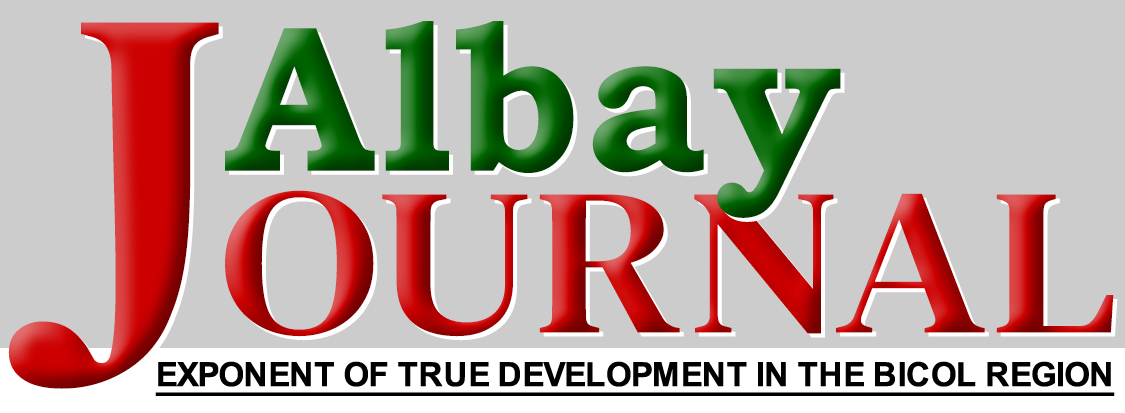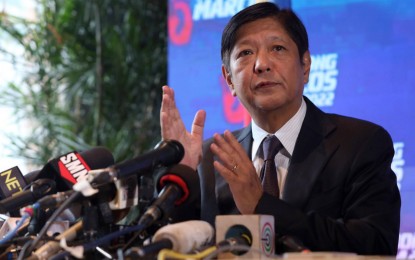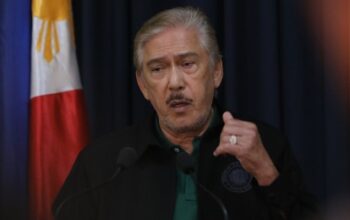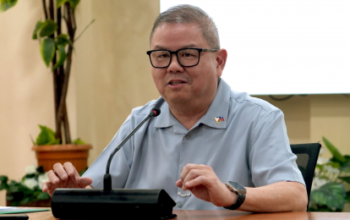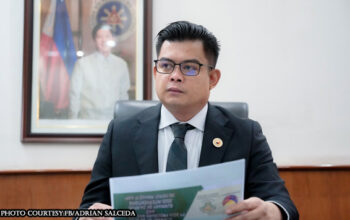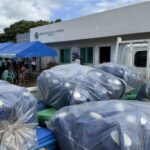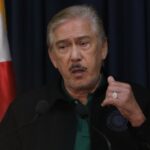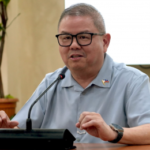President Ferdinand “Bongbong” Marcos Jr. who temporarily headed the Department of Agriculture (DA) has shared his three “dreams” for the country’s agriculture sector — sustainable livelihood for farmers, food security and affordable food for all.
The President bared his three dreams in his weekly vlog last Sunday evening where he said ensuring that farmers have a sustainable livelihood would motivate others to pursue the field of agriculture.
“My dream is simple. Our farmers must have a profitable livelihood so the next generations will be encouraged to continue this industry),” he said, adding that he would also want the country to attain food self-sufficiency by prioritizing local production over food importation.
“Second, we should have food security and as much as possible not rely on other countries. And third, food must be affordable to everyone. My dream is that there will be no more hungry Filipinos. And I am sure that is the dream of each of us,” he stressed.
Marcos said his experience as Ilocos Norte governor for 12 years brought agriculture close to his heart. “I have seen what we have done, I have seen what can be done so I know we can fix these problems faced by our farmers and the entire agriculture sector,” he added.
He said the problems confronting the agriculture sector affect not only farmers and fisherfolk, but also every Filipino family. “Our economy depends on healthy and strong workers. More than any medicine and vitamins, nutritious and affordable food should not be missing from the dining table of every home,” he further emphasized.
Marcos assured the government would strive towards the fulfillment of these goals. “We will continue to strive to raise and fight for this industry until we achieve those dreams,” he added.
Earlier, Marcos directed the Department of Trade and Industry to explore ways on how to provide farmers cheaper fertilizers or “non-traditional” sources of fertilizer to help ensure they are available in the market at affordable prices.
The Chief Executive also stressed the need to cut down food importation to the “barest minimum” and focus instead on boosting production, in the light of surges in sugar prices.
